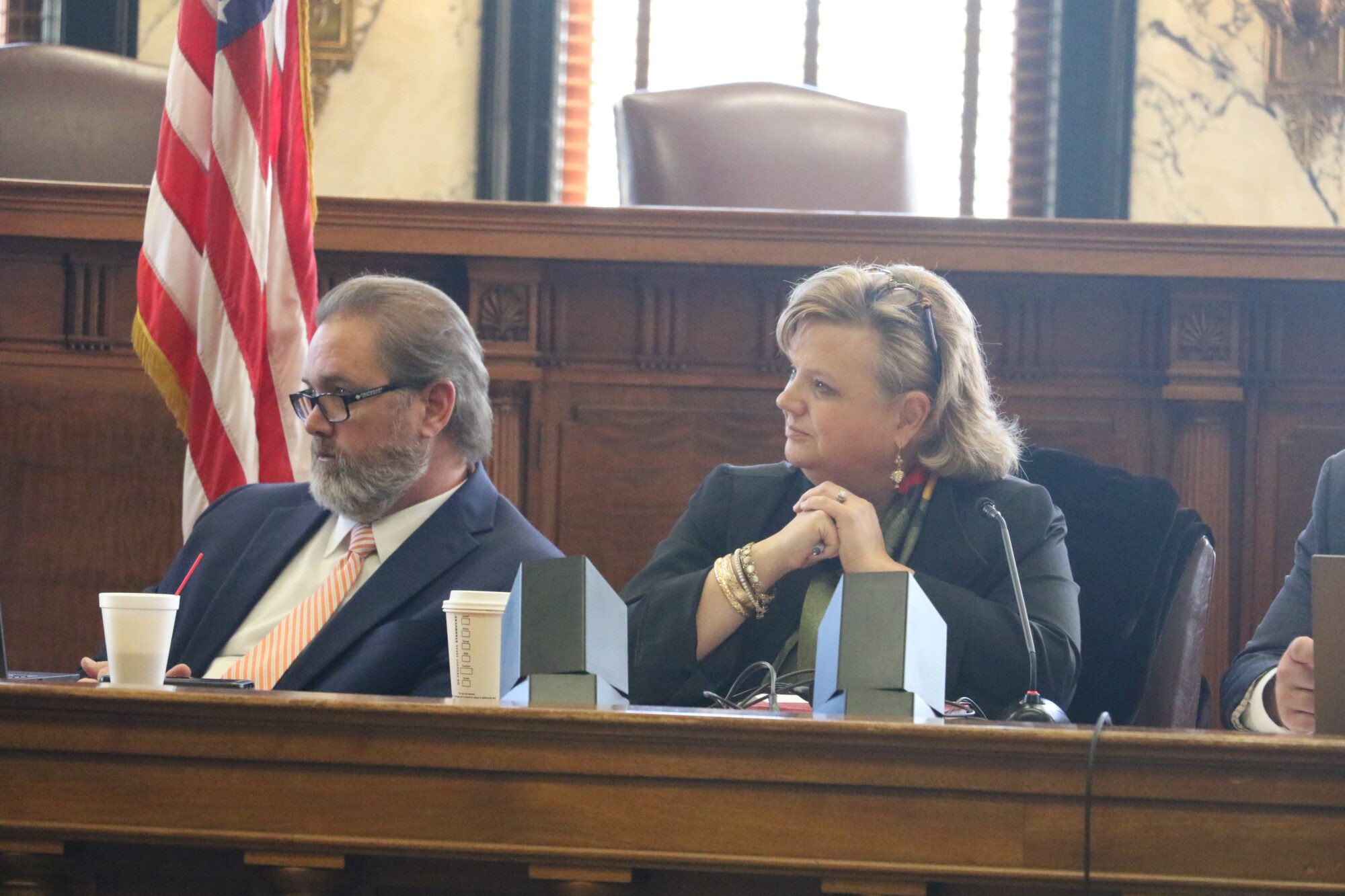Travis Childers: Small Businesses Are Threatened by Current Regulatory Environment
In my district in north Mississippi, it wasn’t just families who were hurting. Small businesses, the mom-and-pop operations that characterize the economic engine in any tiny American town, were drowning. I knew that anything we did as part of this overhaul must not make their circumstances any worse. As a small-business owner myself, I know honest companies strive to follow the rules that are set for them, and I also know the challenges for small businesses are unique. Economies in Mississippi towns are a patchwork of small businesses doing their best to provide goods and services to their communities, and benefits and fair wages to their employees. For small businesses, one of the largest expenses covers regulatory compliance costs. Keeping the ledger in the black means keeping those expenses under control.
The idea that Dodd-Frank had to be part of the solution and not part of the problem guided me, and my commitment to small businesses back home was what made me push to make sure the CFPB was subject to the Small Business Regulatory Enforcement Fairness Act. We referred to it as a “speed bump” because it slows down the regulatory process to ensure regulators consider the impact its proposed rules would have on small businesses. SBREFA protects the vitality of these businesses and the jobs they provide.
The Small Business Administration confirms that small businesses provide 49.2 percent of private sector jobs. Since 2009, they have led job growth in our country, with companies that employ between 20 and 499 people accounting for 60 percent of new jobs. Yet even with the continuing recovery, studies show that small businesses are struggling. Whether it’s difficulty accessing credit or difficulty shouldering a barrage of new administration regulations, small businesses have not realized the growth enjoyed by their bigger competitors. In turn, they aren’t able to contribute fully to an even more expansive economy.
I’m concerned that our intent in crafting Dodd-Frank is being ignored, because a regulatory environment that is harmful to small employers and the jobs they sustain is not what we set out to create. Though still a young agency, the CFPB is fully operational, engaging in their congressionally mandated role as federal regulator over a range of financial institutions. The CFPB and other Dodd-Frank entities must consider the intent by which they were brought to life as they write rules, particularly if those rules could pose harm to small business. The CFPB should take a page from our approach in writing the legislation that created it and seek to be part of the solution, not part of the problem.
Roll Call
6/8/15







